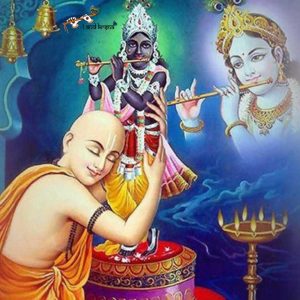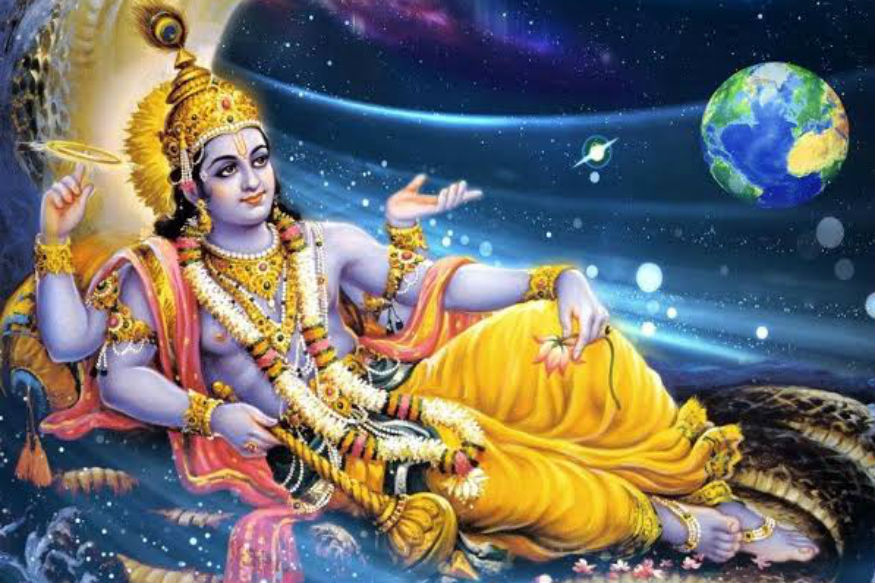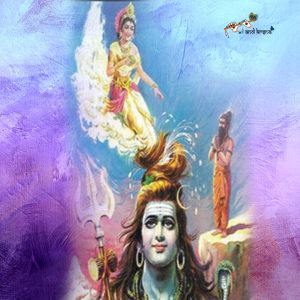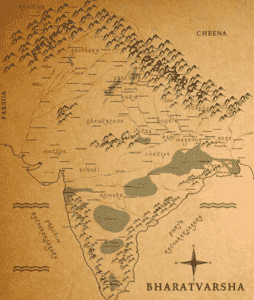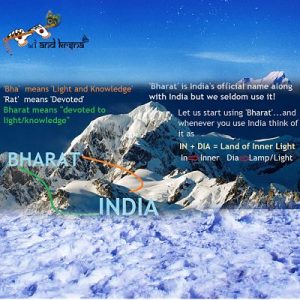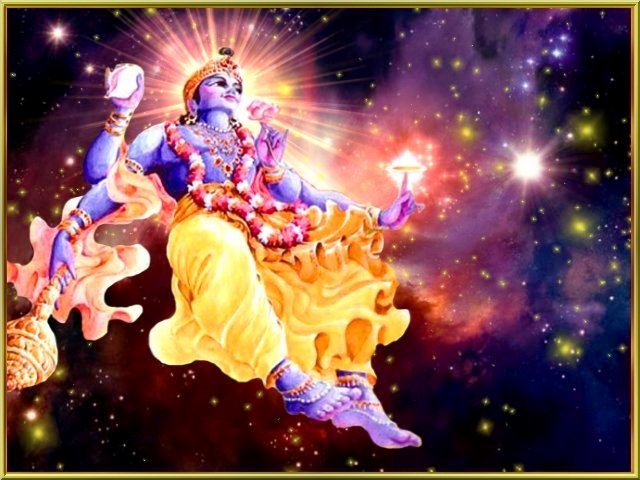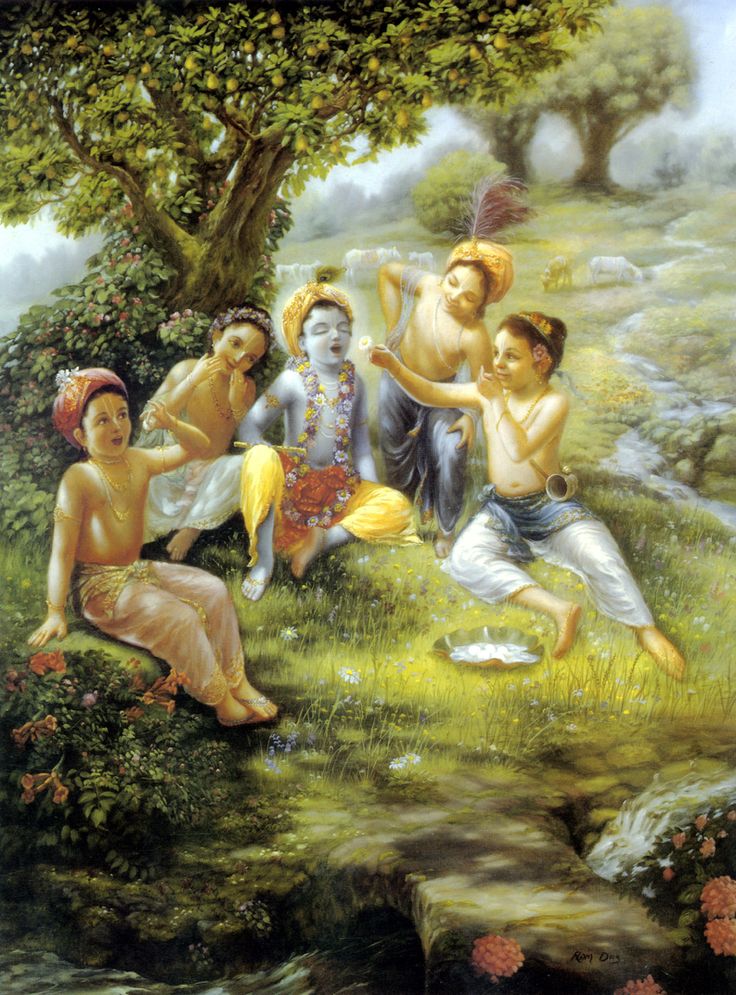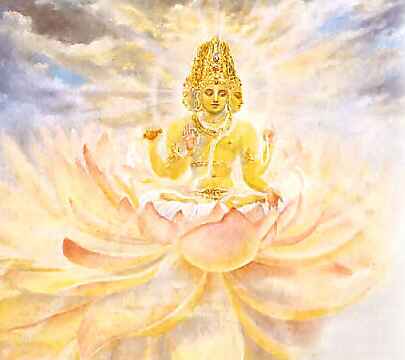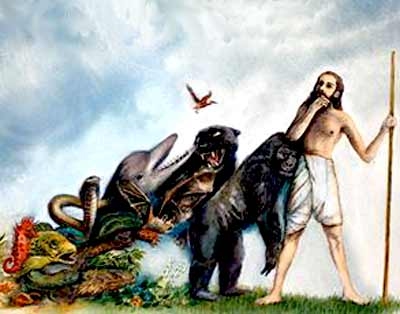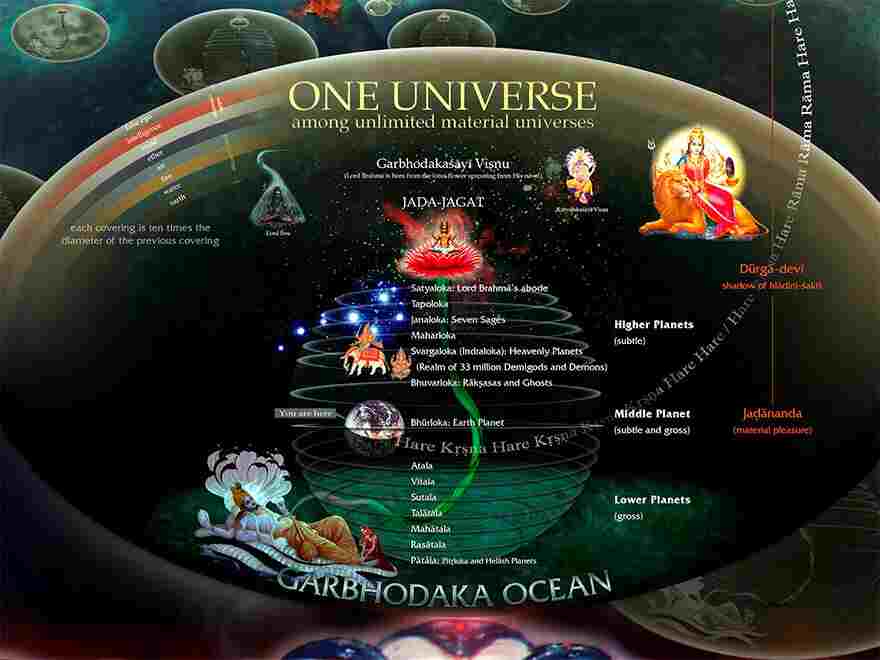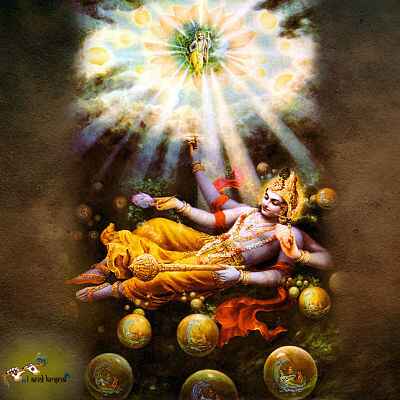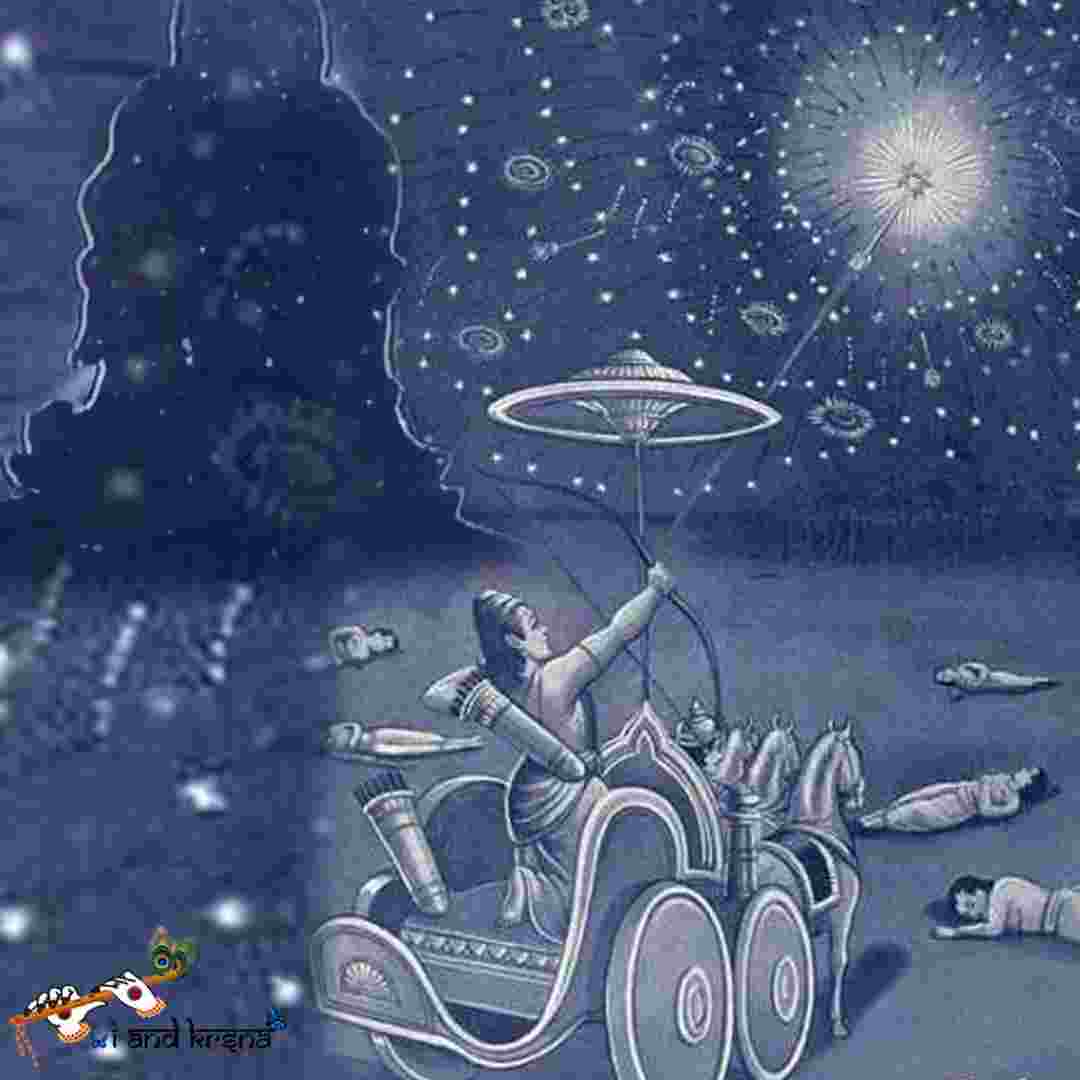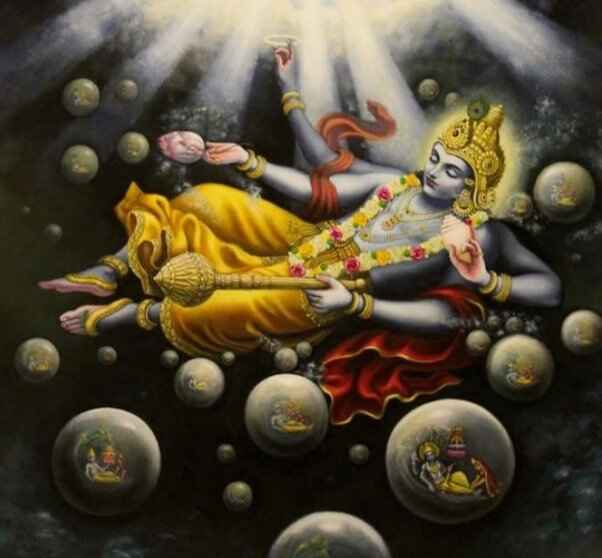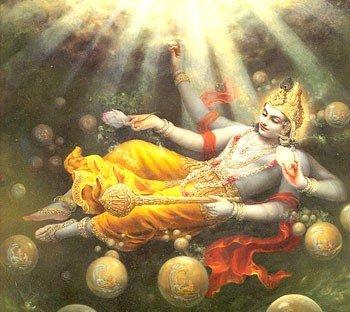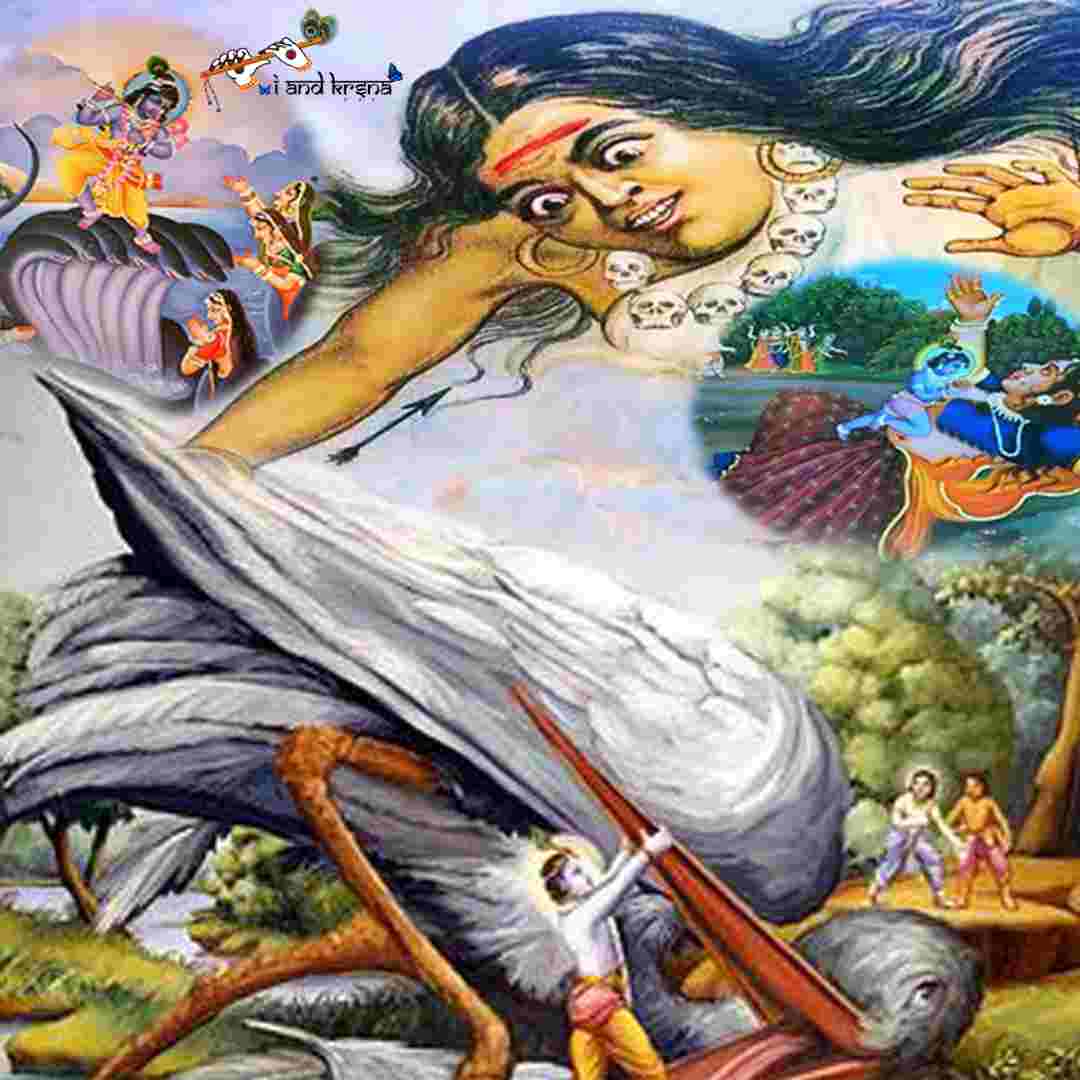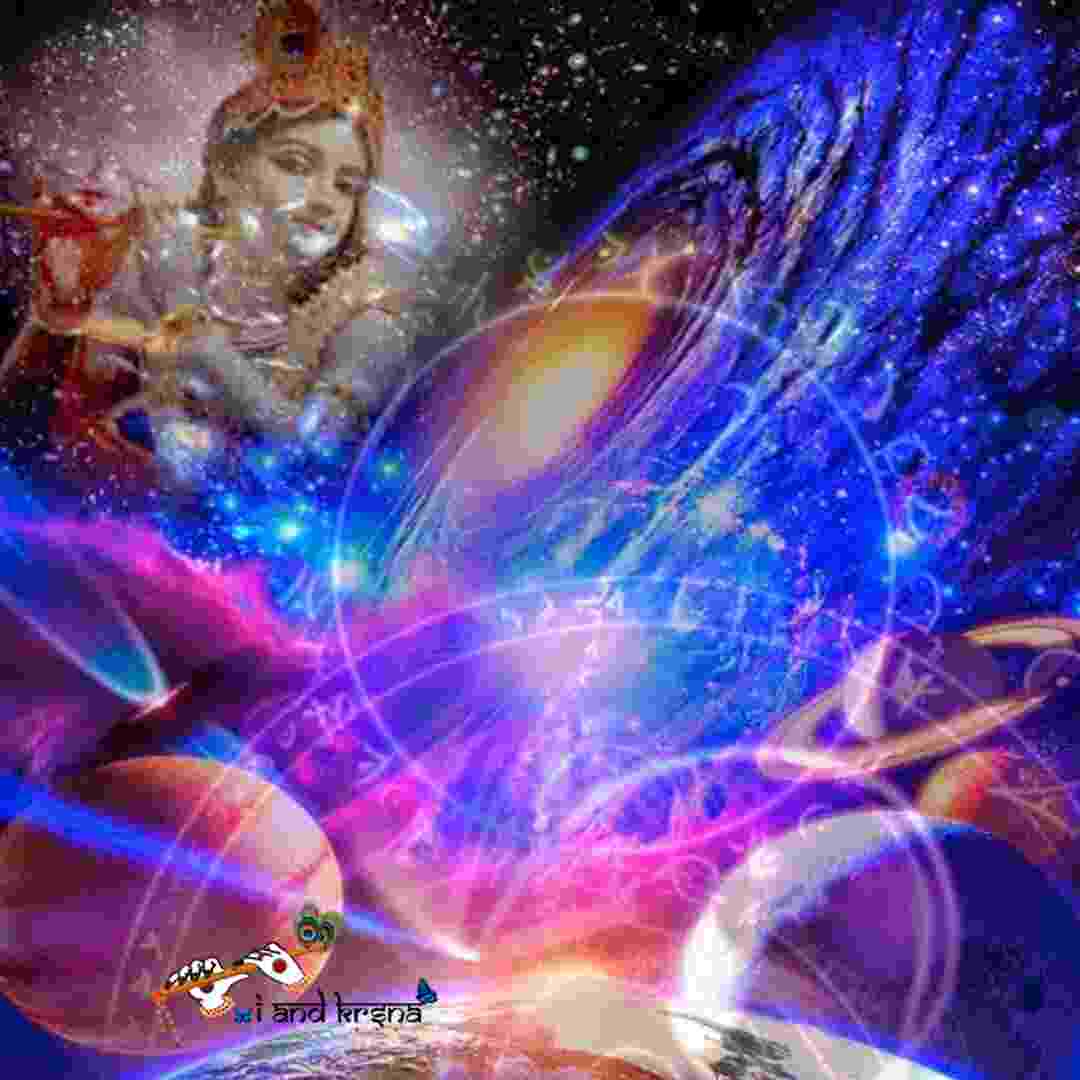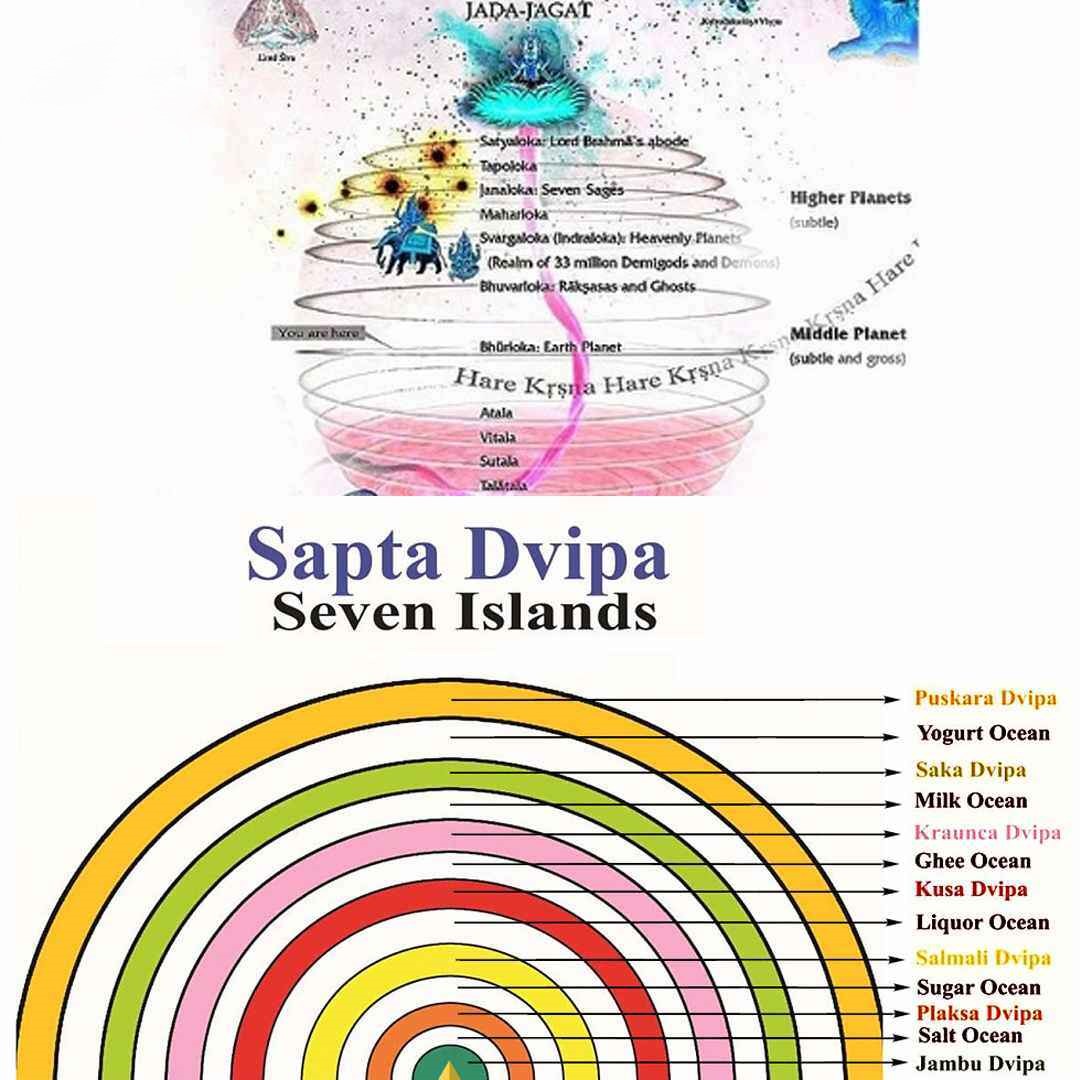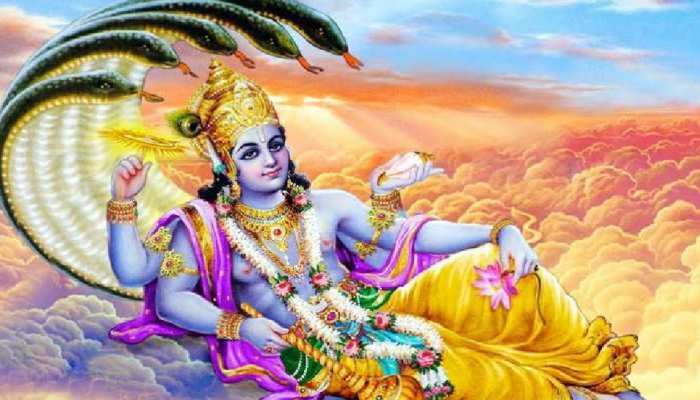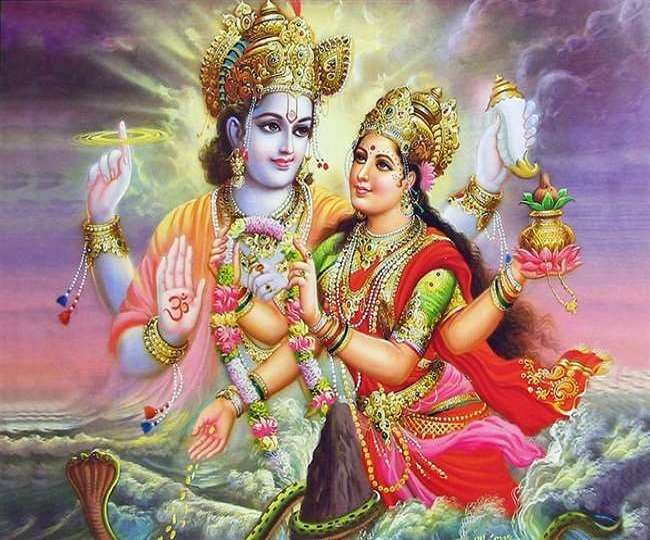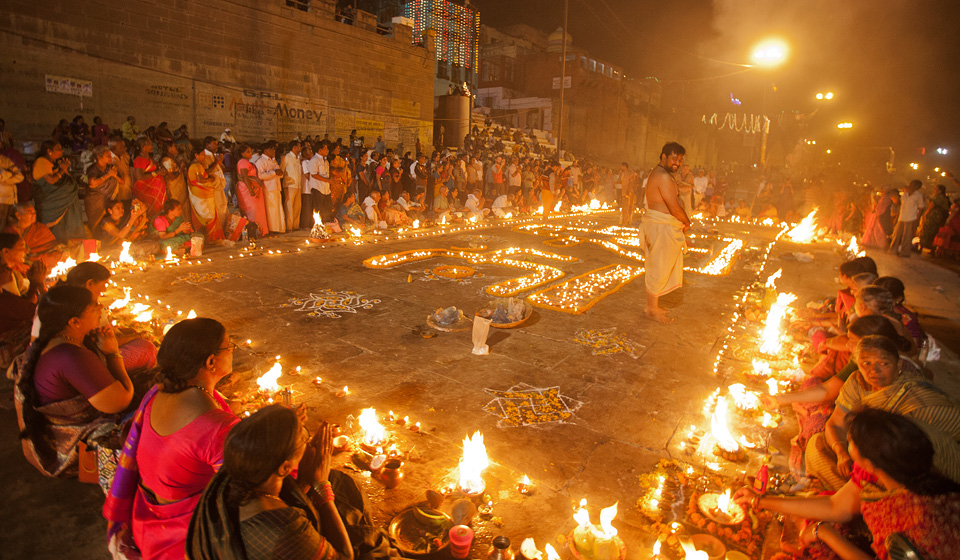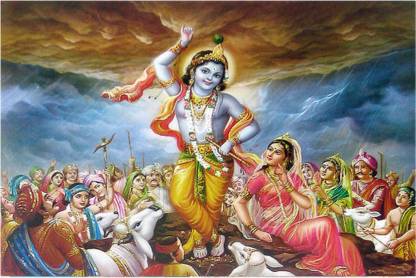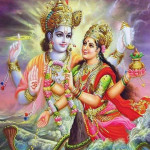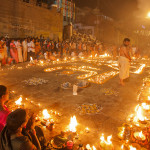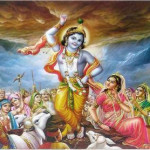Heavenly places of enjoyment in material world.
The heavenly places of enjoyment are divided into three groups: the celestial heavenly planets, the heavenly places on bhumandala (earth plain), and the bila heavenly places, which are found in the lower regions. Among these three classes of heavenly places (bhauma-svarga-pada-ni), the heavenly places on earth plain are the eight varsas other than Bharata-varsa (planet earth). In Bhagavad-gita (9.21) Krishna says, ksine punye martya-lokam visanti: when the persons living in the heavenly planets exhaust the results of their pious activities, they return to this earth. In this way, they are elevated to the heavenly planets, and then they again fall to the earthly planets. This process is known as brahmanda bhramana, wandering up and down throughout the universes. Those who are intelligent–in other words, those who have not lost their intelligence–do not involve themselves in this process of wandering up and down. They take to the devotional service of the Lord so that they can ultimately penetrate the covering of this universe and enter the spiritual kingdom. Then they are situated on one of the planets known as Vaikunthaloka or, still higher. Krishnaloka (Goloka Vrindavana).
In these eight varsas, or tracts of land, human beings live ten thousand years according to earthly calculations. All the inhabitants are almost like demigods. They have the bodily strength of ten thousand elephants. Indeed, their bodies are as sturdy as thunderbolts. The youthful duration of their lives is very pleasing, and both men and women enjoy sexual union with great pleasure for a long time. After years of sensual pleasure–when a balance of one year of life remains–the wife conceives a child. Thus the standard of pleasure for the residents of these heavenly regions is exactly like that of the human beings who lived during Treta-yuga. There are four yugas: Satya-yuga, Treta-yuga, Dvapara-yuga and Kali-yuga. During the first yuga, Satyayuga, people were very pious, everyone practiced the mystic yoga system for spiritual understanding and realization of God. Because everyone was always absorbed in samadhi, no one was interested in material sense enjoyment. During Treta-yuga, people enjoyed sense pleasure without tribulations. Material miseries began in Dvapara-yuga, but they were not very stringent. Stringent material miseries really began from the advent of Kali-yuga. Another point in this verse is that in all eight of these heavenly varsas, although men and women enjoy sex pleasure, there is no pregnancy. Pregnancy takes place only in lower-grade life. For example, animals like dogs and hogs become pregnant twice a year, and each time they beget at least half a dozen offspring. Even lower species of life such as snakes give birth to hundreds of young at one time. This verse informs us that in grades of life higher than ours, pregnancy occurs once in a lifetime. People still have a sex life, but there is no pregnancy. The inhabitants of those planets enjoy life in a pleasing atmosphere of clear lakes filled with newly grown lotus flowers and gardens filled with fruits, flowers, various kinds of birds and humming bees. In that atmosphere, they enjoy life with their very beautiful wives, who are always sexually stimulated. Nonetheless, they are all devotees of the Supreme Personality of Godhead. The inhabitants of this earth also desire such heavenly enjoyment, but when they somehow or other achieve imitation pleasures like sex and intoxication, they completely forget the service of the Supreme Lord. In the heavenly planets, however, although the residents enjoy superior sense gratification, they never forget their positions as eternal servants of the Supreme Being.
In the spiritual world, people are not very attracted to sex life, due to their exalted devotional attitude. Practically speaking, there is no sex life in the spiritual world, but even if sometimes it does occur, there is no pregnancy at all. On the planet earth, however, human beings do become pregnant, although the tendency is to avoid having children. In this sinful age of Kali, people have even taken to the process of killing the child in the womb. This is the most degraded practice; it can only perpetuate the miserable material conditions of those who perform it.
Source: A.C. Bhaktivedanta Swami Prabhupada (2014 edition), “Srimad Bhagavatam”, Fifth Canto, Chapter 17 – Text 11, 12 & 13

